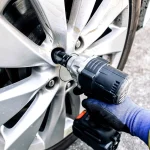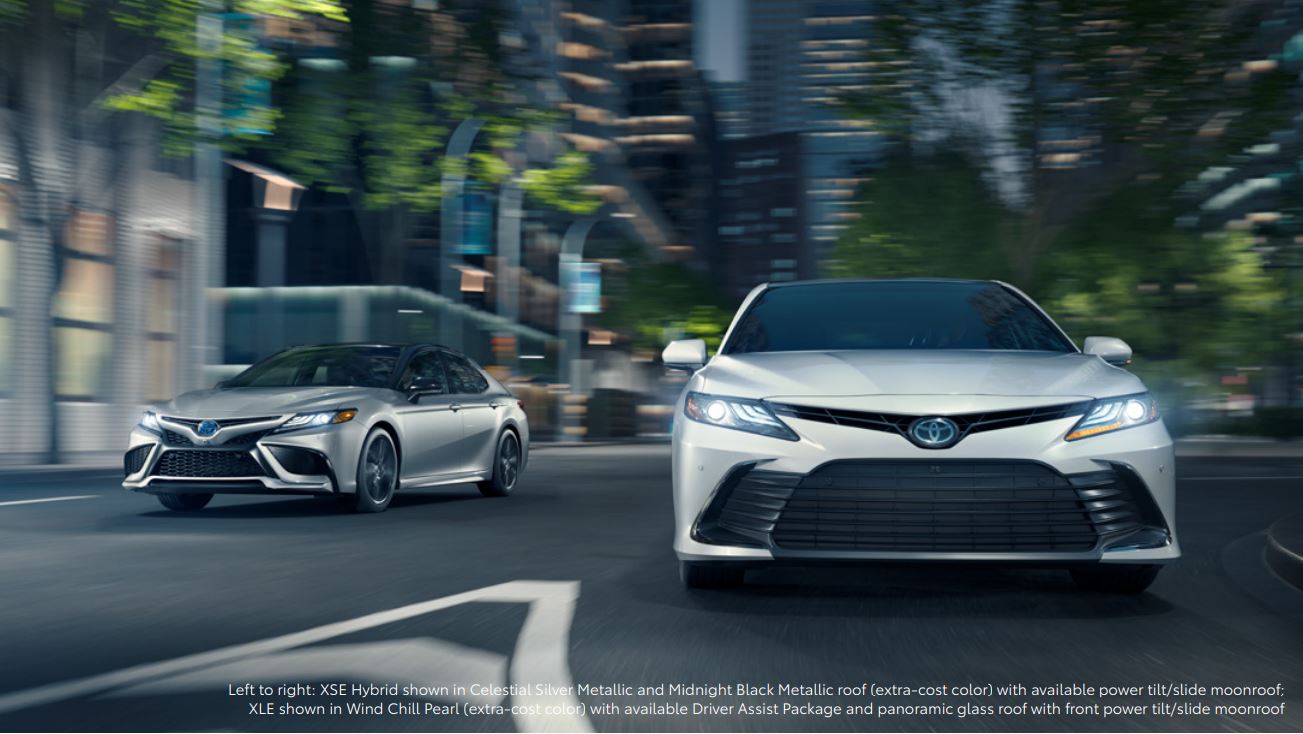2020 Honda Civic Sport Hatchback Tire Size (Quick Guide + Fitment Table)
Why trust this page? We compile OE fitment data and cross-check with reputable fitment catalogs. Links to sources are at the bottom. This page is written for shoppers in the United States.
Jump to fitment table • Optional/alternate sizes • FAQ • Sources
OE Fitment Specs (U.S.)
These are the commonly listed factory sizes for the 2020 Civic Sport Hatchback. Your exact size may vary with wheel option; always match what’s printed on your tire sidewall and door-jamb label.
| Category | Spec | Notes |
|---|---|---|
| Factory tire sizes | 235/40R18 • 235/35R19 | Shown as factory-equipped options for 2020 Civic Hatchback Sport (U.S.). |
| Typical OE wheel | 18×8J ET50 (typical); PCD 5×114.3 | Specs may vary by wheel option; verify stamped markings on the wheel’s backpad. |
| Bolt pattern (PCD) | 5×114.3 | Standard across 10th-gen Civic. |
| Center bore (CB) | 64.1 mm | Hub-centric to Honda hubs. |
| Lug nut thread | M12×1.5 | Conical seat (tapered) typical on OEM wheels. |
| Typical wheel-nut torque | ~80 lb-ft (108 N·m) | General 10th-gen Civic guidance. Always follow your owner’s manual and door-jamb label. |
Optional & Alternate Sizes (U.S.)
If you’re exploring light plus-sizing, the following are commonly listed as “optional sizes” for this vehicle. Fitment depends on wheel width/offset and suspension clearances; speedometer variance should be kept minimal.
- 18″: 245/40R18 (common optional listing)
- 19″: 245/35R19 (common optional listing)
Important: Optional sizes are catalog suggestions. Before you buy, confirm wheel width/offset, brake clearance, fender clearance, and load/speed ratings. When in doubt, stick to the size printed on your current tire sidewall and your door-jamb label.
Real-World Tips
- Daily comfort vs. look: 18″ with 235/40 rides softer and shrugs off potholes better than 19″ with 235/35. If you commute on imperfect roads, the 18″ setup is friendlier.
- Winter driving: If you face snow/ice, many owners downsize width for winter grip (e.g., 225 section on an appropriate wheel). Match load index, and don’t exceed your brake clearance.
- TPMS & rotation: Keep pressures to door-jamb spec (front/rear may differ). Re-torque lugs to spec after ~50–100 miles when wheels/tires are installed.
- Brake/strut clearance: Aggressive offsets or wide rubber can rub inner fender liners on full lock or big bumps. Measure twice.
Where to Confirm Your Exact Size
- Driver-side door-jamb label: Shows OE size and recommended cold pressures.
- Owner’s manual: Tire info, rotation, and safety notes.
- Your current tire sidewall: The most reliable quick check before ordering.
Related guides
- Honda Civic Lug Nut Torque: Complete Chart by Model, Year & Wheel Type
- Best All-Season Tires for 235/40R18
- Honda 5×114.3 Bolt Pattern Explained
FAQ
Common factory sizes are 235/40R18 and 235/35R19 (varies by wheel option). Verify on your door-jamb label and tire sidewall.
5×114.3 (center bore 64.1 mm).
M12×1.5 tapered-seat lug nuts on OEM wheels.
Typical 10th-gen Civic guidance is around 80 lb-ft (108 N·m)—but always follow your owner’s manual and your vehicle’s specific label.
It’s a commonly listed optional size. Ensure your wheel width/offset and clearances are appropriate, and keep overall diameter close to OE to maintain speedometer accuracy.
Sources
- Tire Rack vehicle fitment for 2020 Honda Civic Hatchback Sport (factory and optional sizes). View listing.
- TireSize fitment page for 2020 Civic Hatchback Sport (235/40R18 and 235/35R19 shown). View page.
- TireWheelGuide base specs (bolt pattern 5×114.3, center bore 64.1 mm, typical wheel/offset and pressure references for 2020 Civic). View page.
- 10th-gen Civic lug torque reference (~80 lb-ft / 108 N·m). Reference.
- Owner’s Manual (Hatchback) – for confirming door-jamb pressures and tire info. View manual. :
Disclaimer: Wheel/tire fitment can vary by specific wheel option and market package. Always match what’s printed on your tire sidewall and your vehicle’s door-jamb label, and follow your owner’s manual for torque and inflation. When upgrading sizes, verify clearance, load index, and speed rating.








One thought on “2020 Honda Civic Sport Hatchback Tire Size (Quick Guide + Fitment Table)”